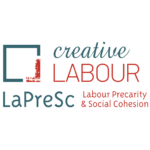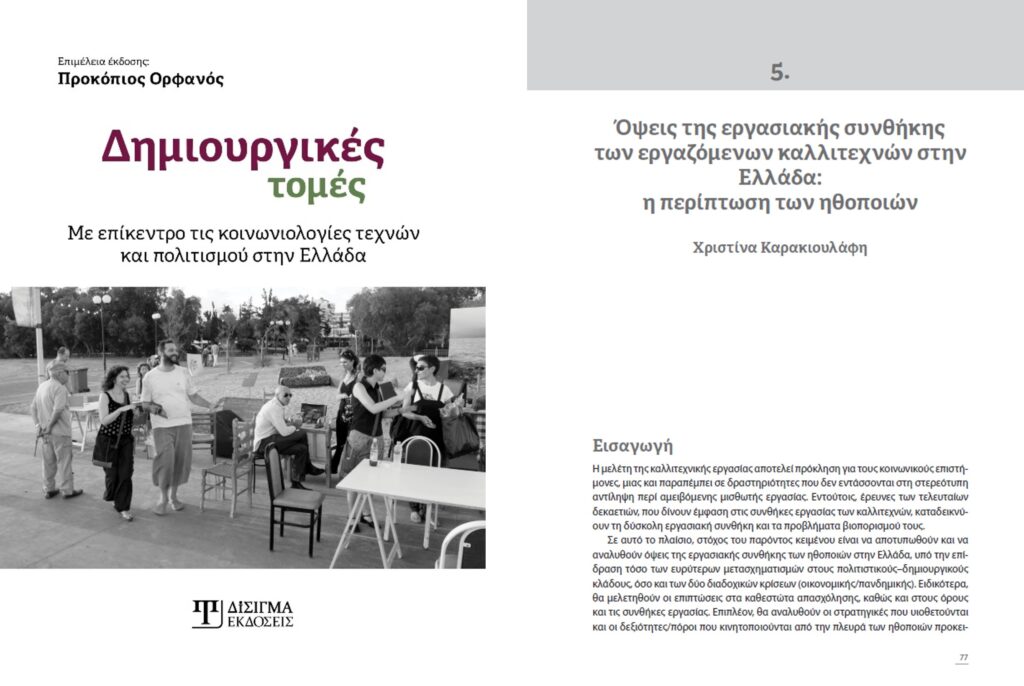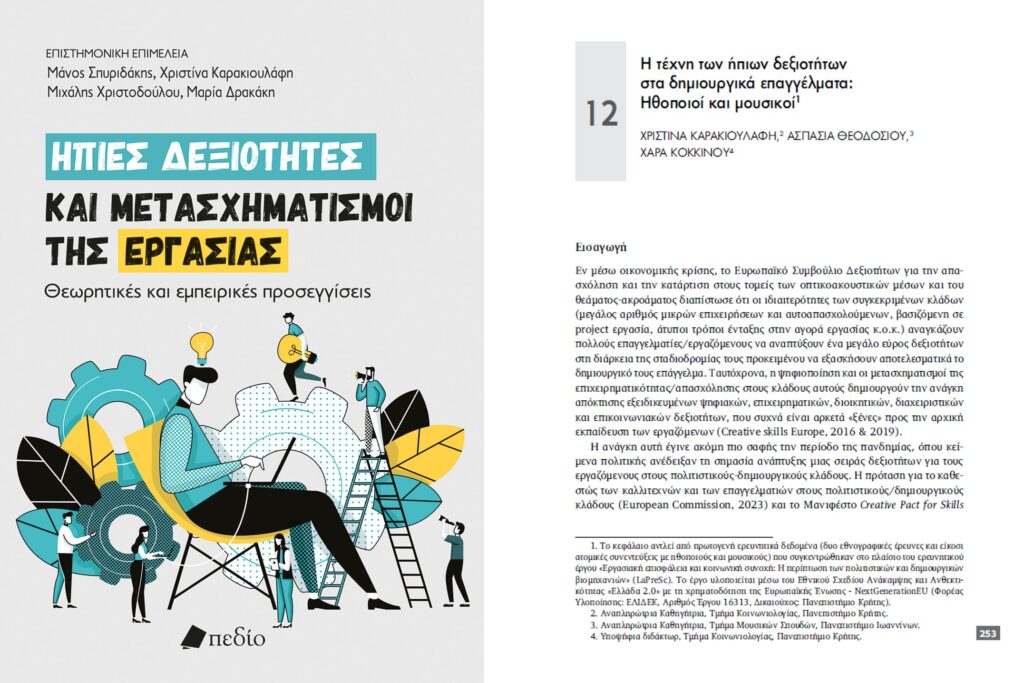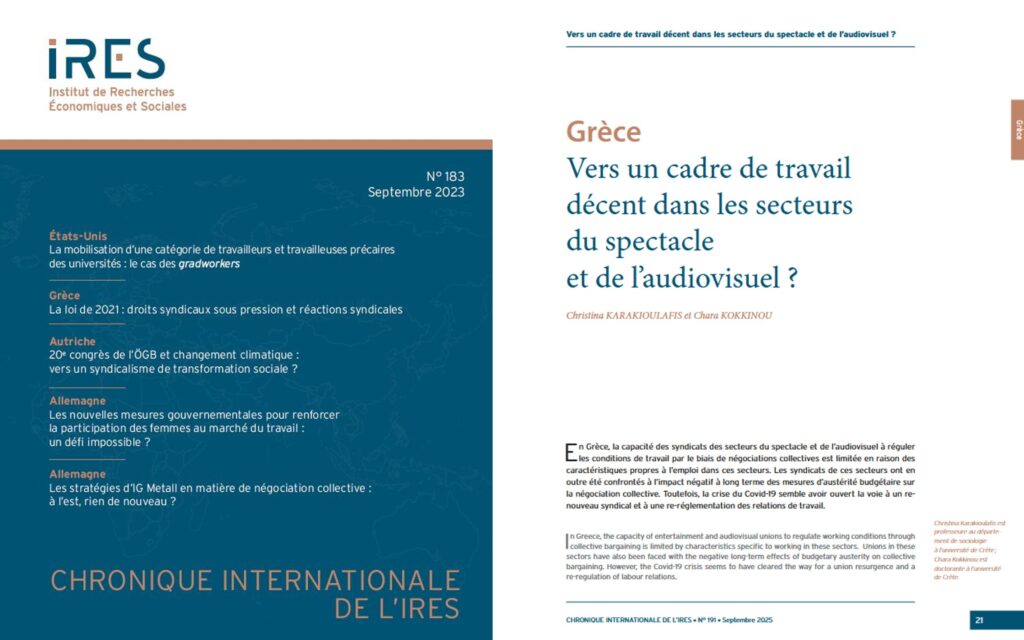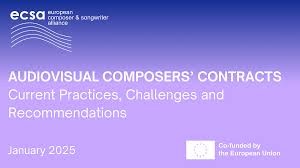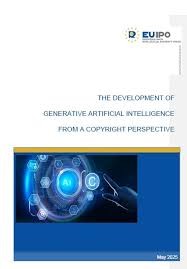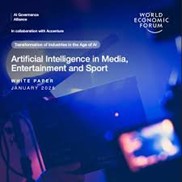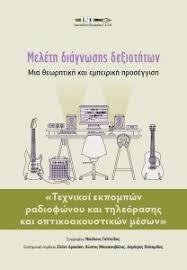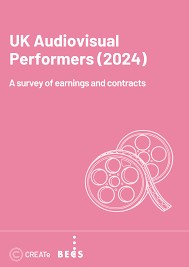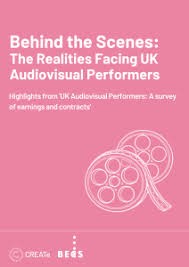Karakioulafi, C., Kokkinou, C. & Koutros, T. (under publication). “Professional and work identities of those working on and back- the theatrical stage” O Kosmos tis Ergasias [The World of Labour], Vol. 11. [in Greek].
Karakioulafi, C., Kokkinou, C. & Koutros, T. (under publication). “Professional and work identities of those working on and back- the theatrical stage” O Kosmos tis Ergasias [The World of Labour], Vol. 11. [in Greek]. https://kosmos-ergasias.unit.uoi.gr The aim of this article is to explore the challenges raised by the study of the formation of work and […]
